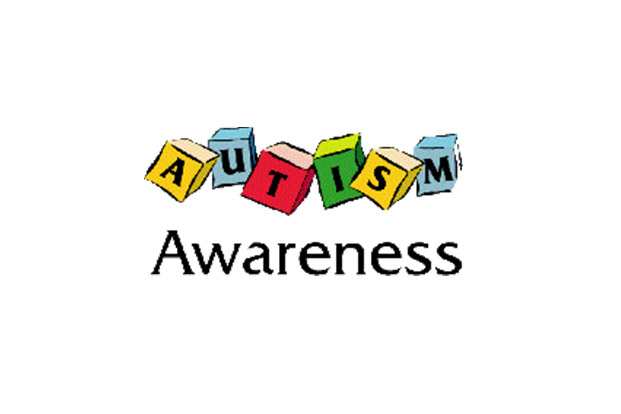Autism: Signs and Behaviour Patterns
Apr 19, 2022
Autism is a childhood disorder , which can show its symptoms as early as 6-7 months of age. Roughly 1-2 people in every thousand have this kind of problem. It is 4-5 times more common in boys. There are certain symptoms which can be picked by any non medical person if they are vigilant. It is a neuro developmental disorder which means that a child’s physical development is normal but mental development is abnormal in terms of behavior, speech and activities.
In infancy , baby shows less responsiveness to social stimuli. They make less eye contact, look at others less often, smile back less often, respond less to their name, infrequently they keep on taking turns. They also have delayed babbling and vocal patterns that are non synchronized with the care giver.
Look out for the symptoms:
Toddlers show the above mentioned symptoms and use simple gestures like pointing. They show less emotional attachment to parents and social visitors. They have poor understanding and responsiveness to social gestures. About one third of autistic children have insufficient natural speech to meet their daily communication needs.
Children with autism are less likely to make requests’, copy others or share experiences. They may lack in joint attention like instead of looking at pointed objects, they may keep looking at pointing fingers.
Autistic children hate change:
Autistic children show many forms of repetitive behavior. Like hand flapping , head rolling , body rocking. They tend to arrange objects in stacks or lines. They prefer sameness in daily objects like – Resisting changing of furniture placement, Preoccupation with a single TV programme, toy or game and even selectivity of food.

They also indulge in self injurious behavior like – head banging, lip and hand biting, skin picking, etc .
In presence of such symptoms child should be shown to a Pediatrician or a Neurologist. Early behavioural training , may help child reach normalcy.









